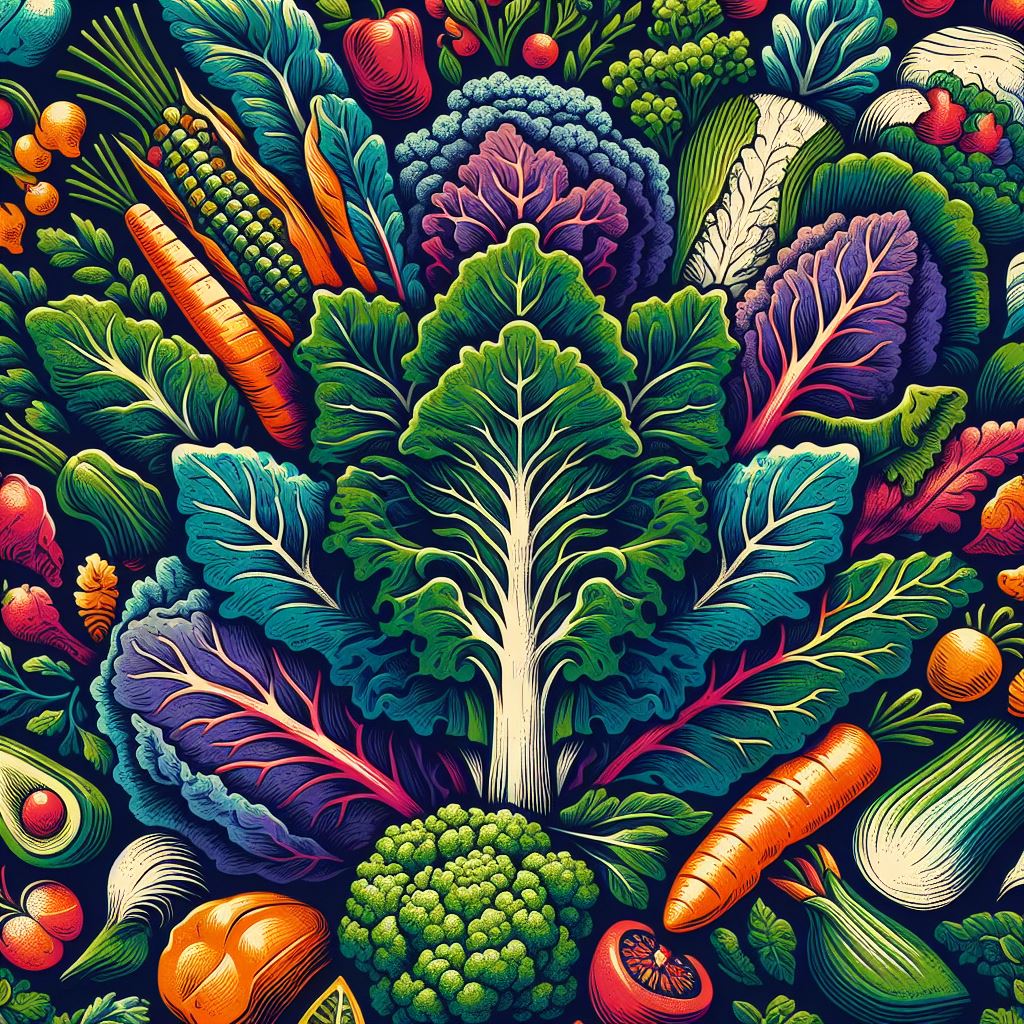Ah, dairy. The food group that’s as divisive as the last season of your favorite binge-watch. On one side, we have the cheese aficionados, those who believe life without dairy is like a cookie without milk—unnecessarily sad. On the other, we have the lactose intolerant, for whom a single slice of pizza is a gamble on gastrointestinal roulette.
But what if I told you there’s a middle ground? A place where probiotics and fermented dairy products meet in a beautiful, gut-friendly union. Welcome to the ultimate guide to navigating the dairy dilemma with your dignity and digestive health intact.
Table of Contents
The Dairy Paradox
Here’s the scoop: not all dairy is created equal. While some dairy products may send you sprinting to the nearest restroom, others could actually be beneficial to your gut health. The difference? Two words: fermented and probiotics.
Fermented Dairy to the Rescue
Fermentation is like giving dairy a superpower, transforming it into something your gut bacteria will thank you for. These fermented foods are rich in probiotics, the friendly bacteria that play a key role in maintaining a healthy gut microbiome.
| Fermented Dairy Product | Probiotic Powerhouse | Lactose Content |
|---|---|---|
| Kefir | Contains Lactobacillus and other beneficial bacteria strains, offering a diverse array of probiotics. | Low lactose content, making it suitable for many lactose-intolerant individuals. |
| Yogurt (plain, unsweetened) | Rich in Bifidobacteria, known for its digestive health benefits and ability to support gut flora. | Moderate lactose content, but the fermentation process reduces lactose, making it easier to digest for some. |
| Traditional Buttermilk | Contains various strains of beneficial bacteria, though the composition may vary depending on production methods. | Low lactose content, suitable for many with lactose intolerance. |
| Aged Cheeses (Cheddar, Gouda) | Contain small amounts of beneficial bacteria due to the fermentation process during cheese-making. | Very low lactose content, as most lactose is converted to lactic acid during aging. |
Cheese, Please: Making Peace with Dairy
Before you break up with dairy faster than a celebrity marriage, consider these peace-making tips:
- Go for Gold with Fermented Foods: Kefir, sauerkraut, and traditional yogurt—these are the golden tickets to a happier gut. They’re like the cool aunt of the dairy family; slightly eccentric but undeniably good for you.
- Cheese Wisely: Not all cheese is created equal. Hard, aged cheeses like Parmesan have lower lactose levels and can often be enjoyed in moderation, even by the lactose-sensitive. It’s the dairy equivalent of finding $20 in your pocket; pleasantly surprising.
- Listen to Your Gut: Quite literally. Start small and see how you react. Your gut is like that friend who’s brutally honest—it’ll tell you quickly what it thinks of your dairy consumption.
- Supplement Smart: Sometimes, your gut needs a little backup. Probiotic supplements can help bolster your gut’s defense against the occasional dairy indulgence. Think of them as your gut’s personal bodyguards.
- Lactose-Free Alternatives: Living in the 21st century has its perks, including lactose-free milk and cheese. They’re like the stunt doubles for their lactose-full counterparts—similar performance, less drama.
The Lactose Intolerant’s Cheat Sheet
For those who treat lactose like an ex they want to avoid at a party, here’s a quick guide to dairy dos and don’ts:
- Do Enjoy: Hard cheeses, kefir, lactose-free milk, and probiotic-rich yogurts.
- Don’t Trust: Soft cheeses, ice cream, and milkshakes unless you’re planning a night in…alone, near a bathroom.
Probiotic Power: Beyond the Belly
The benefits of probiotics extend beyond just making peace with dairy. These microscopic marvels are linked to improved immune function, reduced inflammation, and even a potential decrease in anxiety and depression. They’re like the Swiss Army knife of the supplement world—good for so many things.
DIY Dairy: Fermenting at Home
Feeling adventurous? Why not try fermenting dairy at home? Making your own kefir or yogurt is as satisfying as knitting a scarf, with the added bonus of being edible (and good for your gut). Just remember, cleanliness is next to godliness in the world of fermentation. Nobody invited pathogenic bacteria to this party.
In Conclusion: Dairy, Demystified
Whether you’re a cheese connoisseur or a dairy skeptic, understanding the role of probiotics and fermented foods can change your relationship with dairy. It’s all about making informed choices, listening to your body, and occasionally, enjoying that slice of pizza with a side of probiotic support.
Remember, dairy doesn’t have to be a dilemma. With a bit of knowledge and a lot of gut-friendly bacteria, you can say “cheese” and digest with ease. Here’s to navigating the dairy aisle with confidence, armed with the knowledge that, yes, you can have your cheese and eat it too—your gut microbes might just thank you for it.






